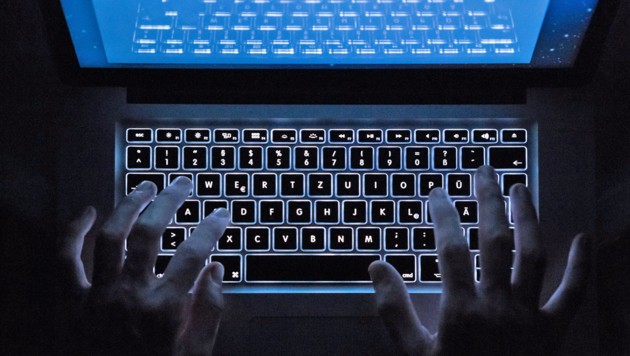
The EU project Titanium to fight crime in the Darknet has ushered in its practical phase. Over the course of several months, specialists from 15 research institutes, IT companies and police authorities want to trace illegal cyber activities. The coordination is carried out by the Austrian Institute of Technology (AIT), and the University of Innsbruck and the Federal Criminal Police Office (BK) are also involved.
“We are represented with colleagues from the Cybercrime Competence Center and fraud experts,” explains BK spokesman Vincenz Krieg-Au. “The goal is to develop and test a variety of tools that help to solve crime.” The software is being tested in so-called field labs where cases are simulated. The applications will then work in real-time, unmask actors, and aggregate data for statistical analysis.
The European project was launched in May 2017. Since Thursday a developed software is available to the police authorities in Austria, Germany, Finland and Spain for test purposes.
Crypto currencies in focus
Investigators want to specifically target criminal trade flows via cryptocurrencies. Computer-generated currencies such as Bitcoin enable non-bank trading and are widely anonymous means of payment.
With the help of the self-developed software, the security experts want to find evidence that is beyond the bounds of a court. The project has paid special attention to compliance with legal and ethical requirements, it is said. Privacy aspects have been considered in the basic design of the software, said Franziska Boehm, director of the Center for Applied Law of the Karlsruhe Institute of Technology KIT.
Intervention in fundamental rights only in justified cases
The Darknet – a part of the Internet, in which users can exchange largely anonymously – is considered a popular place for about arms and drug trafficking. However, it also provides protection to users in repressive countries who seek a platform for secure exchange.
Since the processing of Darknet data regularly constitutes an interference with the fundamental rights of those affected, it is crucial that this only happens in justified cases and on the basis of a legal basis, explained project coordinator at KIT, Thilo Gottschalk.

